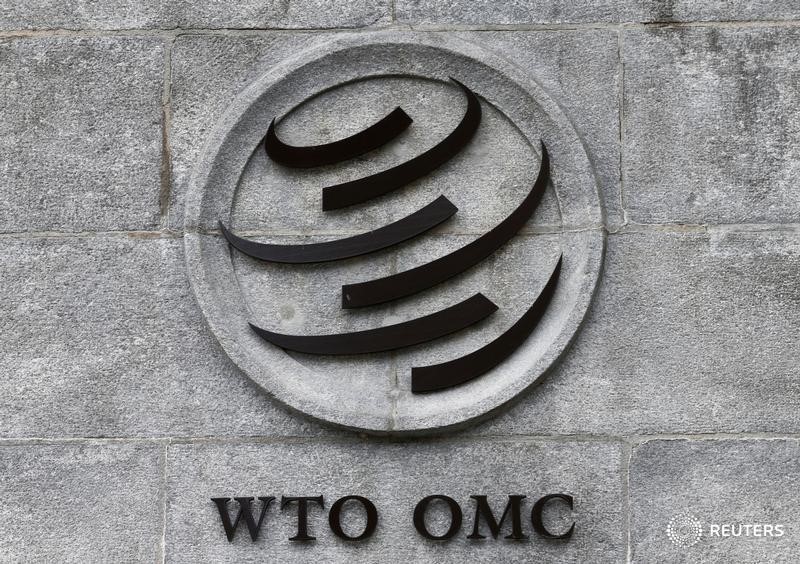(Bloomberg) -- The World Trade Organization on Tuesday delivered a mixed judgment over America’s sanctions on subsidized goods produced by Chinese state-owned enterprises.
The WTO decision said that the way the U.S. calculated its duties using third-country prices was not consistent with WTO anti-subsidy rules, and that it must modify the way it penalizes subsidized Chinese exports or face the prospect of retaliation.
However, the ruling also delivered the U.S. a victory in that it approved the underlying policy the U.S. Commerce Department uses to determine whether Chinese state-owned enterprises unfairly subsidize exported goods.
The office of the U.S. Trade Representative said the ruling proves that China uses state-owned enterprises to "subsidize and distort its economy." Nevertheless, the appellate body decision "undermines WTO rules" because it says the U.S. "must use distorted Chinese prices to measure subsidies," according to the statement.
The Chinese Ministry of Commerce touted the ruling as a victory in a statement and urged the U.S. to immediately take concrete actions to correct its WTO-inconsistent practices.
Public Body
Tuesday’s ruling is considered important because it provides more clarity on the critical question of when a Chinese state-owned enterprise can be considered a "public body."
The U.S. Commerce Department currently presumes that state-owned enterprises can be considered “public bodies” if they are majority owned by the government and therefore their financial contributions to other companies may be considered countervailing subsidies. The U.S. then uses a methodology that incorporates third-country prices to calculate tariffs on Chinese goods it deems to be subsidized by public bodies.
Chinese trade officials previously said the measures in question affect products with an annual export value of approximately $7.2 billion. The Chinese products considered in the case include thermal paper, pressure pipe; citric acid, lawn groomers, kitchen shelving, wire strand, print graphics, drill pipe, aluminum extrusions, steel cylinders, and solar panels.
Trilateral Initiative
Industrial subsidies can take on many forms ranging from cheap or free electricity given to factories by local governments, to tax credits and access to cheap capital.
U.S., European and Japanese trade negotiators are working to conclude a partial agreement that is aimed at curbing the market-distorting behavior of China’s state-owned enterprises.
The trilateral effort is part of an effort to modernize global trade rules that the U.S. and others claim have failed to address China’s rise as a global economic power.
If the talks advance, people close to the discussions say, they would become the most significant attempt to rewrite WTO rules since the ultimately unsuccessful Doha Round of trade negotiations was launched in 2001.
